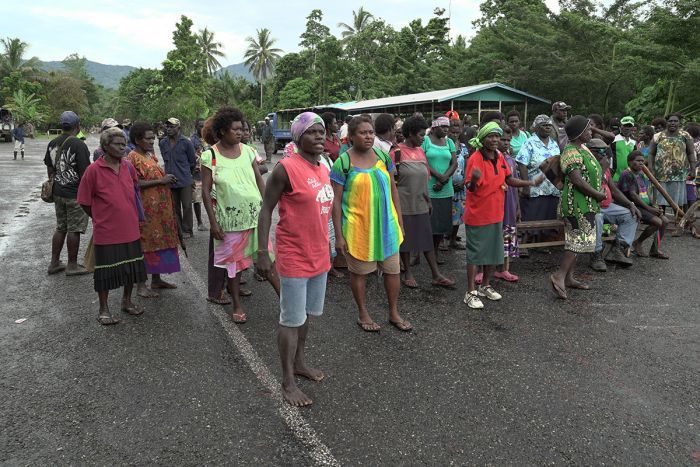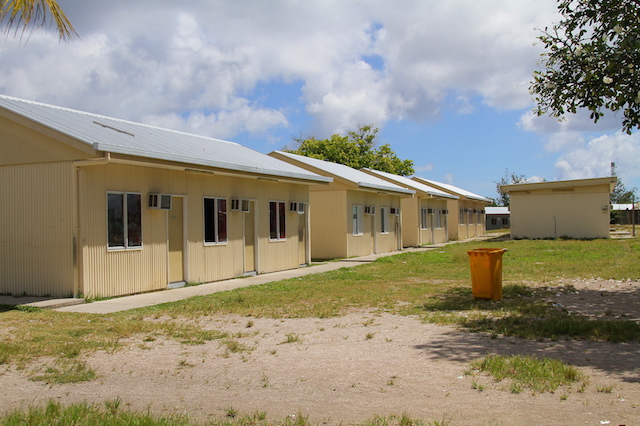Red-Brown politics in Christchurch terror
The mass shootings at two mosques in Christchurch have left at least 49 dead and some 20 wounded, many gravely, including children. The attacks took place when the mosques were packed for Friday prayers. An Australian-born man named Brenton Tarrant has been arrested as the gunman, and three suspected accomplices also detained. Marking a new extreme in depravity, Tarrant live-streamed the massacre on Facebook, with a camera mounted on his head. The video has been removed from the web. Alas, so has his lengthy manifesto, in which he laid out his motivations for the attack. The removal is ill-considered, as being ignorant of the rhetoric employed to justify mass murder only makes potential recruits more vulnerable. CounterVortex was able to review the document before it was scrubbed from the web, and it is a study in Red-Brown politics—employing populist phrases appropriated directly from the left and wedding them to a white-supremacist ideology. (Photo via Ma’an)




